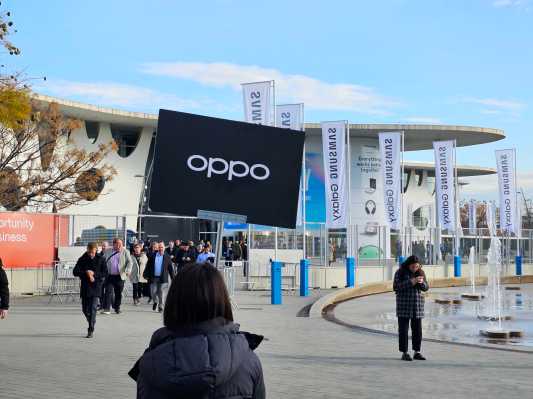[ad_1]

Chinese smartphone giant Oppo is disbanding its young chip design unit Zeku as weak global demand forces major handset manufacturers to cut costs and restrategize.
The decision comes as a surprise to those who believe the phone maker is bolstering its in-house chip development as rising geopolitical tensions with the U.S. threatens to cut Chinese firms off key suppliers. In the foreseeable future, Oppo will have to revert back to relying on third-party chip partners.
While Oppo managed to finish Q1 2023 as the world’s fourth-largest smartphone vendor, its shipment dropped 8%, according to market research firm Canalys. Other than Apple, all five of the top phone makers saw a decline in shipments. All in all, the global smartphone market shrank by 13% in the quarter.
Oppo explained its decision to cut its once-promising chip team in a statement issued today: “Due to the uncertainties in the global economy and the smartphone industry, we have to make difficult adjustments for long-term development. Therefore, the company has decided to cease the operation of Zeku.”
In December 2021, Zeku revealed its first self-developed chipset, MariSilicon X, a neural processing unit designed to boost photo and video performance through machine learning, following Apple’s path to bring chip design in-house. Zeku also set up a research base in Palo Alto.
The end of Zeku comes off as abrupt given Zeku was still hiring over 100 positions a month ago, according to its LinkedIn page.
It’s unclear how the move will affect the over 2,000 employees at Zeku, which has been offering competitive salaries to attract talent from other established chip firms. Oppo is reticent about the whereabouts of the team for now, saying only “the company will properly arrange related matters and continue to deliver great products and service to users worldwide.”
Oppo’s retreat from chips signals another struggle from Chinese phone companies to strengthen their control over the semiconductor supply chain. Huawei lost access to advanced chips from the U.S. due to Trump-era sanctions, and its attempt to design its own high-end chips through HiSilicon floundered after the U.S. cut it off major foundries. The company resorted to spinning out its budget handset brand Honor, a move seen as a way to help the subsidiary circumvent the sanctions that have decimated Huawei’s consumer business.
[ad_2]
Source link
